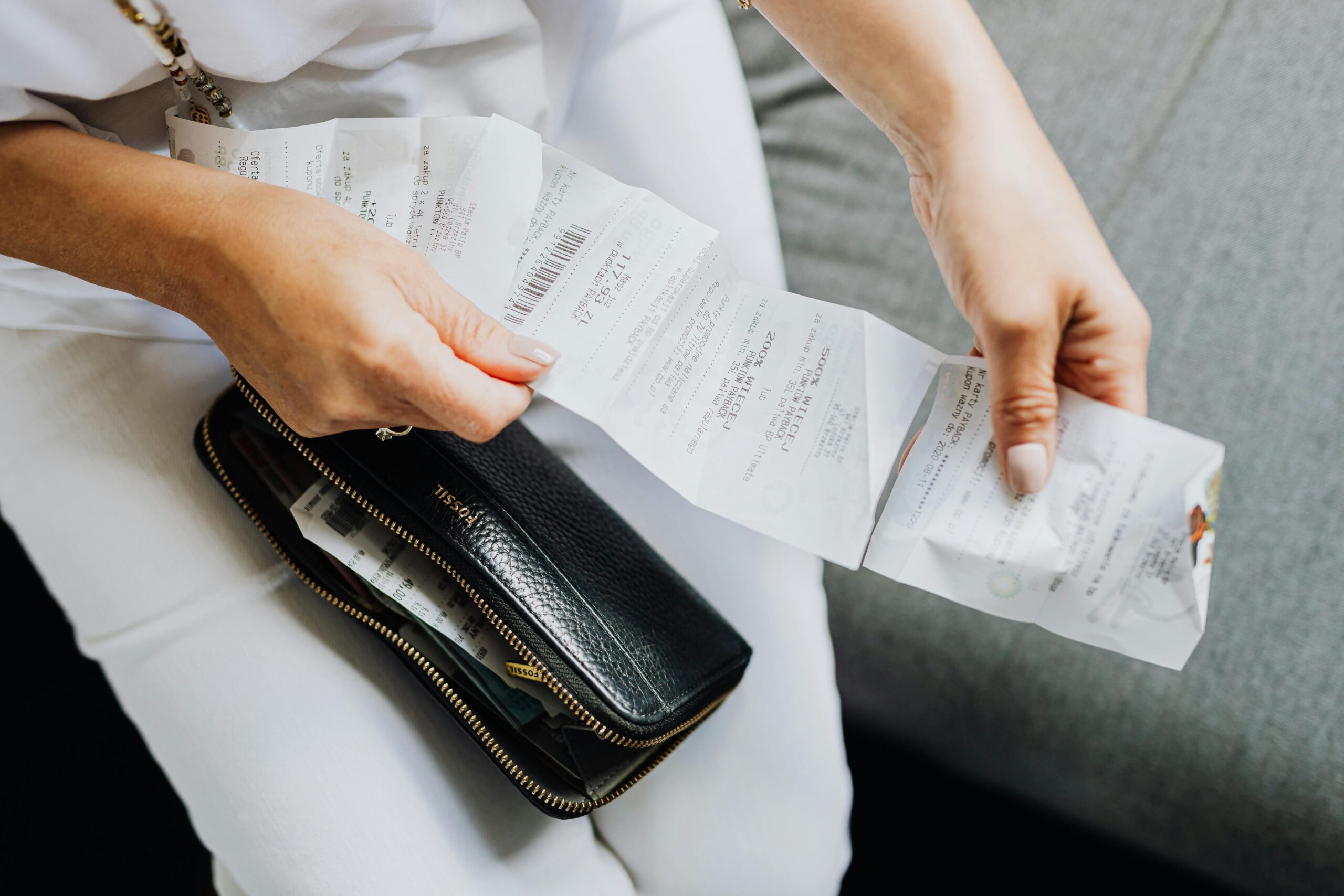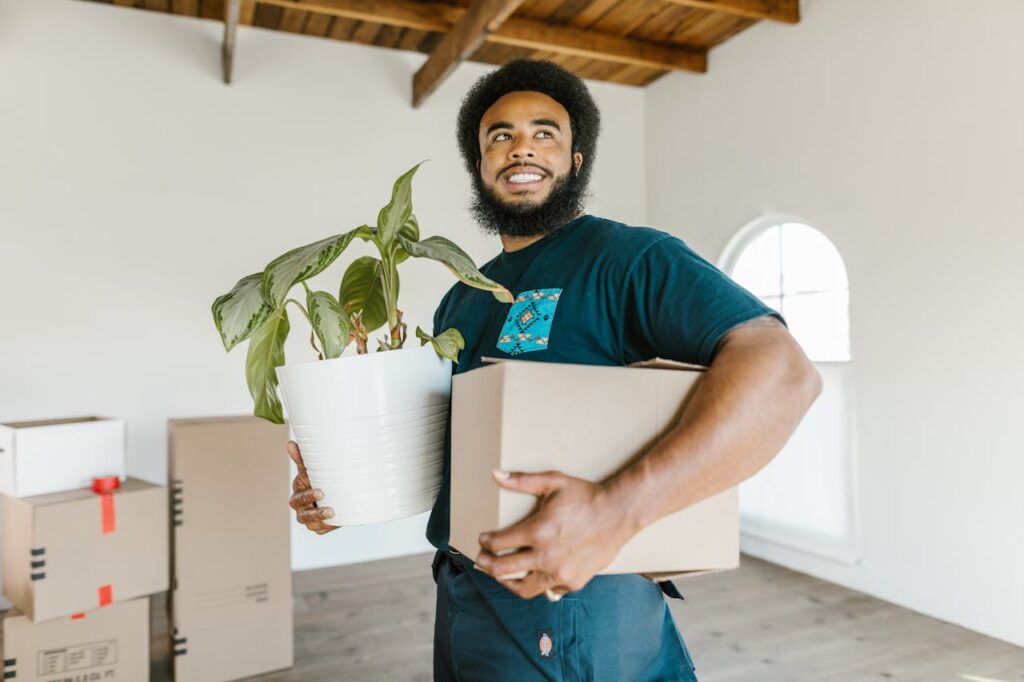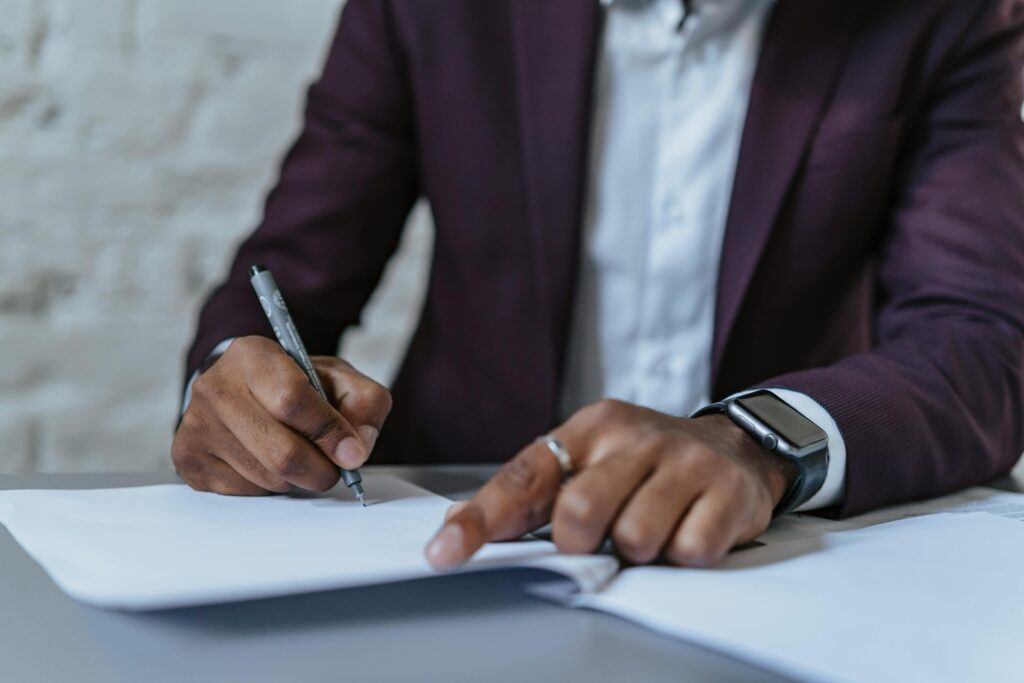9 Hidden Costs When Buying A Home

When buying your first home, there is understandably a lot of focus on saving up for your deposit. And whilst that is a key part of the home-buying process, it’s important to consider the less obvious costs that come with buying a house. Having this in mind from the beginning will help guide you in your saving process. Here are some hidden costs to consider when buying a home.
1. Legal Fees
Conveyancing fees refer to the legal process of buying a house. These costs can be split into two sections. One category covers the cost of the solicitors or conveyance chargers for the work and the second section considers the disbursements which deals with your conveyancing solicitor who helps flag up any issues within the local areas of the house you’re buying that you need to know. Disbursements also deal with registering the change of ownership with the land registry from the previous owner to you.
Conveyancing fees drastically differ depending on the circumstance, but the average conveyancing fee in 2024 is £1,567.
2. Furniture
When you get your first home, you will, of course, be living in it. But that will be difficult to do if you don’t have furniture in your property such as beds, coaches, and white goods. When saving for your deposit it’s easy to picture the property itself, but the contents of what you will need to enjoy living in it are important to consider too.
3. Mortgage valuation fees
When borrowing money from your lender to buy a home, they will want to do a check on the property you want to ensure that it is worth them lending to you. This is called a mortgage valuation. Not all lenders charge for a mortgage valuation but those that do can range in costs from £200-300. This is a less obvious cost for first-time buyers.
4. Removal and moving-in costs

Depending on the distance of where you are moving to, these costs can drastically differ. For example, moving into a house just down the street from you will not cost as much compared to if you are moving to a completely different city. Factor this into your home-buying journey.
5. Residential Parking
If you drive, when looking for a property to buy, it’s important to consider the parking restrictions outside your home. Will you have a driveway and therefore won’t have to consider paying for parking? Or will you need to pay for a parking permit and have guest permits too? These costs can add up if so, and local councils differ in charges so it’s important to check this in your home-buying journey. Parking permits can be as much as £300 per year for some London boroughs.
6. Renovating
When buying a home you may want to redecorate it to make it feel uniquely personal and homely to you. Whether you are hiring contractors to complete the work or you’re doing it as a DIY project, you’ll need to set money aside to carry out this work. If you don’t take note of renovating costs in your house-buying process you may be surprised at the end when you eventually get around to doing it. The average day rate for a decorator is around £325 per day.
7. Insurance costs
A house is a massive asset and therefore having the right insurance in place is key to protecting it. From life insurance that protects you and your family should you or your co-owner pass away to building insurance that can come in handy if any damage is done to the property, there are various insurance options in place to help.
The average UK price of building insurance is roughly £120 per year. There are also other insurances you may want to have such as contents insurance which helps protect against loss, theft or damage to your personal and home possessions. The average cost of life insurance is £8.61 per month, according to CompareTheMarket.
8. Service Charges and Ground Rent
If you’re buying a freehold property, then this won’t apply to you. But if you’re buying a leasehold or even a shared freehold, then you’re more likely to have to pay service charges or ground rent alongside your mortgage payments. Therefore when saving for your first home, you should be considering your salary and what it can cover in these payments for your home.
9. Contingency Fund
The process of buying a home is lengthy and sometimes unexpected costs pop up along the way. But you can prepare for these unplanned costs by saving a contingency fund, for example. This can help ease the process and is a key hidden cost when buying a home.
Looking for property tips to consider when buying a home straight to your inbox every week? Sign up for the BrickzWithTipz newsletter here.
Get in touch
Feel free to get in touch with general enquiries using the contact details below alternatively fill out the form and one of team members will be in touch shortly.


